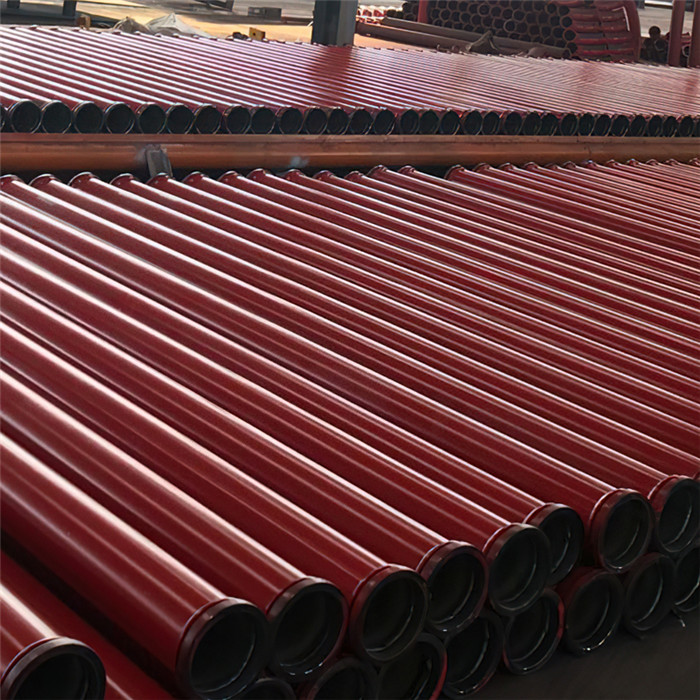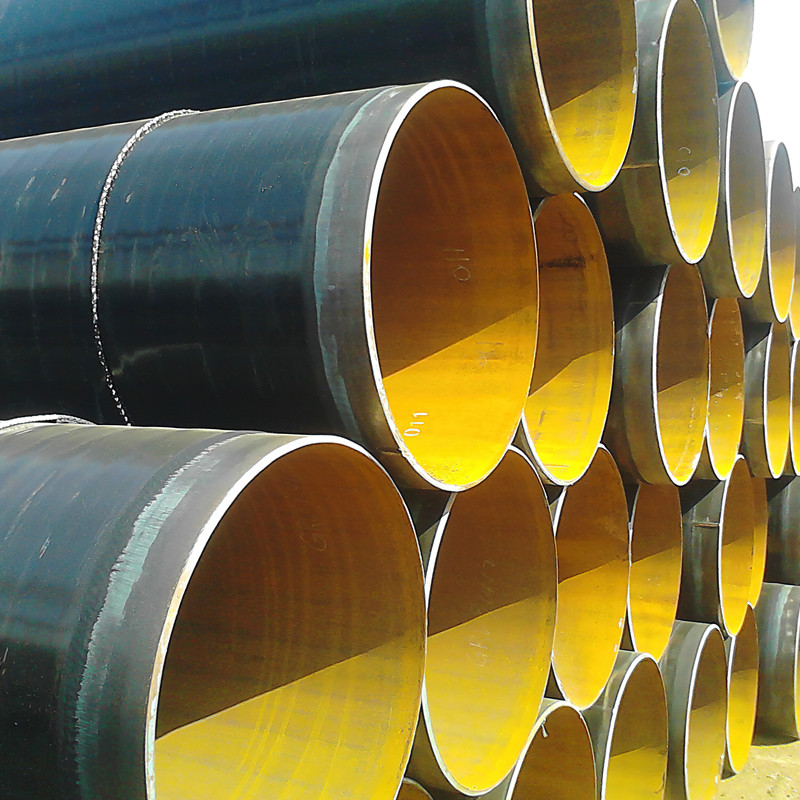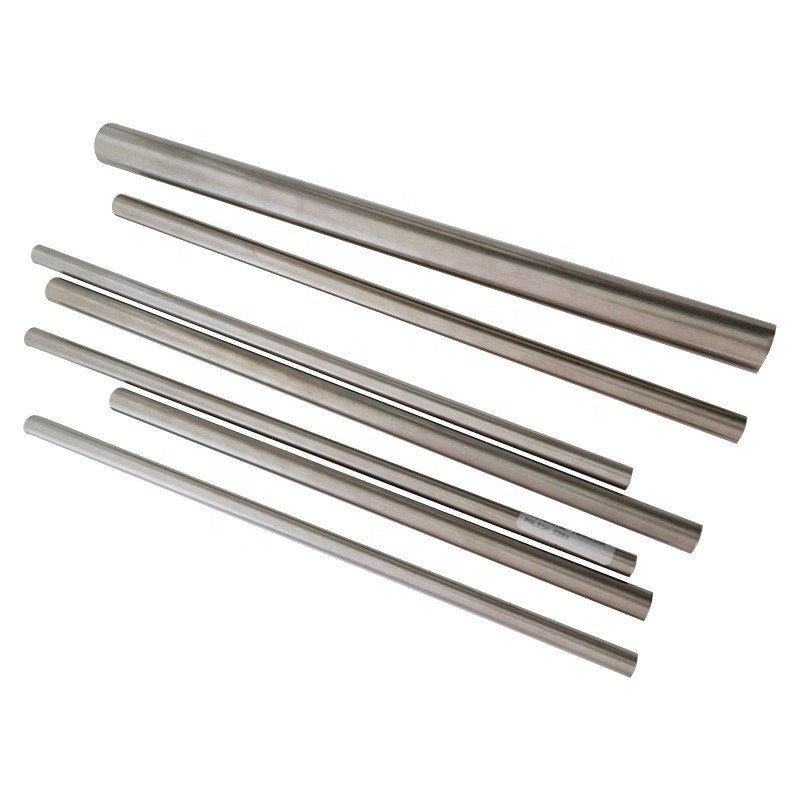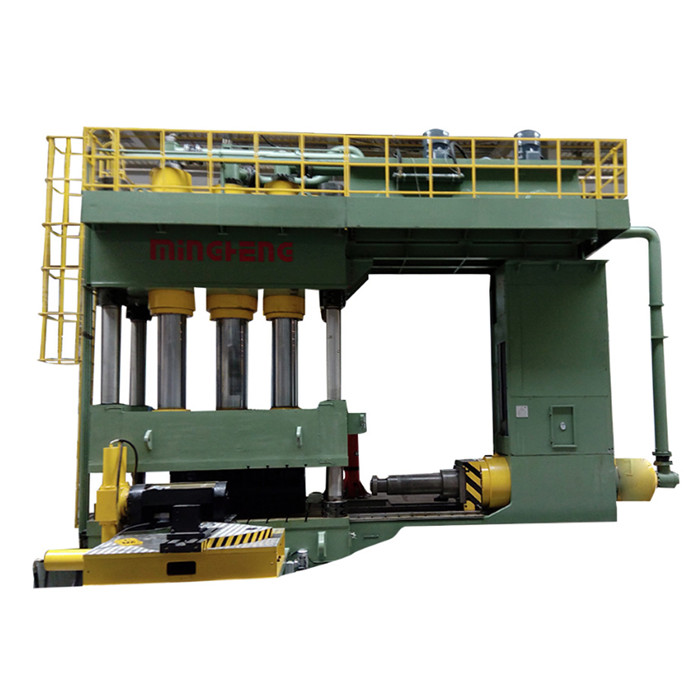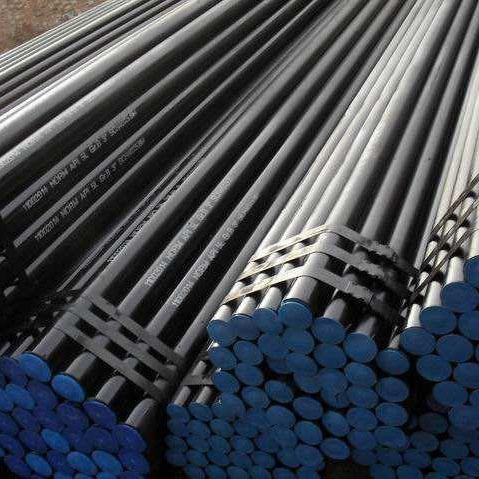When it comes to achieving efficient and stable thermal performance, selecting the right tiub penukar haba is the foundation for any successful system.
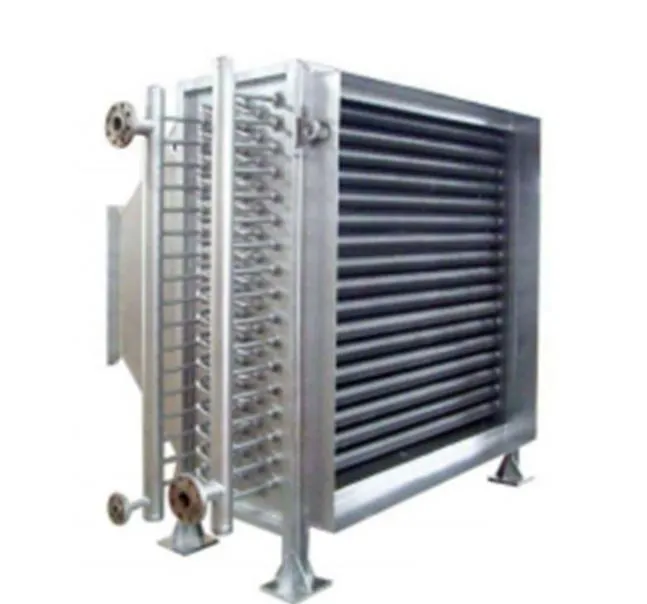
How to Detect the Quality of Heat Exchanger Tube
Detecting the quality of a tiub penukar haba is critical to ensure safe operation and maximum heat transfer efficiency. First, non-destructive testing (NDT) methods are widely used by professional heat exchanger tube manufacturers to examine the structural integrity of each tube without causing damage. Techniques such as ultrasonic testing, eddy current testing, and hydrostatic testing are standard in verifying the consistency and durability of the tiub penukar haba.
Visual inspections are another important step. A superior tiub penukar haba should have a smooth, defect-free surface, consistent wall thickness, and no visible cracks, dents, or corrosion. Advanced heat exchanger tube manufacturers also perform dimensional inspections, measuring inner and outer diameters to strict tolerances to ensure perfect fitment and optimal fluid dynamics within the heat exchanger system.
Additionally, metallurgical analysis ensures the tube's chemical composition meets design requirements, particularly important for materials like sa179 tiub, which are known for their outstanding performance in high-pressure and high-temperature environments. Purchasing certified tubes with documented test results is the best assurance of top-quality performance and longevity.
How Long is the Lifespan of Heat Exchanger Tube
The expected lifespan of a tiub penukar haba is highly impressive when sourced from reputable heat exchanger tube manufacturers and maintained correctly. In typical industrial applications, a high-quality tiub penukar haba can last from 15 to 30 years, depending on factors such as operating conditions, fluid properties, maintenance routines, and environmental exposure.
For instance, sa179 tiub, designed for seamless carbon steel construction, are specifically manufactured to withstand prolonged exposure to high heat and pressure, making them a favored choice in boiler, superheater, and heat exchanger services. Their durability translates to fewer shutdowns, less frequent replacements, and lower long-term operational costs.
Preventive maintenance, including regular cleaning to prevent scaling and fouling, plays a major role in extending the life of the tiub penukar haba. Corrosion inhibitors and fluid treatment systems can also help protect against internal and external corrosion, maximizing service life and ensuring optimal thermal performance year after year.
Differences Between Heat Exchanger Tube and Ordinary Tubes
It’s important to understand that a tiub penukar haba is fundamentally different from an ordinary industrial tube. While an ordinary tube might be designed for general fluid transport without any significant demands, a tiub penukar haba must meet rigorous specifications for thermal conductivity, corrosion resistance, mechanical strength, and pressure containment.
One major distinction lies in the manufacturing standards. Heat exchanger tube manufacturers adhere to strict regulations like ASTM and ASME standards, ensuring that the tubes are capable of surviving extreme thermal cycles without failure. Heat exchanger tube surfaces are also highly refined and treated to prevent fouling and to promote efficient heat transfer, which ordinary tubes are not equipped to handle.
In contrast, standard tubes lack the fine tolerances and specialized materials that define a quality tiub penukar haba. In heat transfer applications, using an ordinary tube instead of a true tiub penukar haba can lead to severe energy loss, premature failure, and even dangerous system breakdowns.
Selecting industry-standard sa179 tiub or similar high-performance tubing ensures your heat exchangers operate at peak performance, with enhanced safety and long-term value.
Why Heat Exchanger Tube Price Reflects Quality and Performance
When evaluating harga tiub penukar haba, it’s crucial to recognize that higher-quality tubes command a premium for very good reasons. Premium tiub penukar haba materials like sa179 tiub offer superior mechanical properties, precision fabrication, and extended life cycles compared to cheaper alternatives.
Reputable heat exchanger tube manufacturers invest in better raw materials, stricter quality control, and advanced testing methods, all of which are factored into the harga tiub penukar haba. While initial investment costs might seem higher, the reduced maintenance costs, fewer unplanned downtimes, and longer service intervals provide a much better return on investment over the lifetime of the system.
Choosing based solely on the lowest harga tiub penukar haba can often lead to higher costs in the long run due to failures, inefficiencies, and more frequent replacements. That’s why partnering with trusted heat exchanger tube manufacturers who can supply proven, certified products is the smart choice for industries seeking reliability and performance.
Heat Exchanger Tube FAQs
What key tests are used to assess the quality of heat exchanger tubes?
Common tests for a tiub penukar haba include ultrasonic inspection, hydrostatic testing, eddy current testing, visual inspection, and metallurgical analysis to ensure structural integrity and optimal performance.
How long can a typical heat exchanger tube last in operation?
When properly selected and maintained, a premium tiub penukar haba can provide a service life of 15 to 30 years, making it a highly durable and cost-effective choice for thermal systems.
What makes a heat exchanger tube different from a regular industrial tube?
A tiub penukar haba is specially designed for superior heat transfer, higher corrosion resistance, and better mechanical properties, unlike standard tubes which are only meant for basic fluid transport.
Why does heat exchanger tube price vary so much?
The harga tiub penukar haba reflects differences in material quality, manufacturing precision, certifications, and performance guarantees offered by top heat exchanger tube manufacturers.
Are SA179 tubes a good choice for high-temperature applications?
Yes, sa179 tiub are highly recommended for high-temperature, high-pressure environments due to their excellent thermal conductivity, strength, and resistance to oxidation and scaling.
Post time: Jul . 02, 2025 11:59










